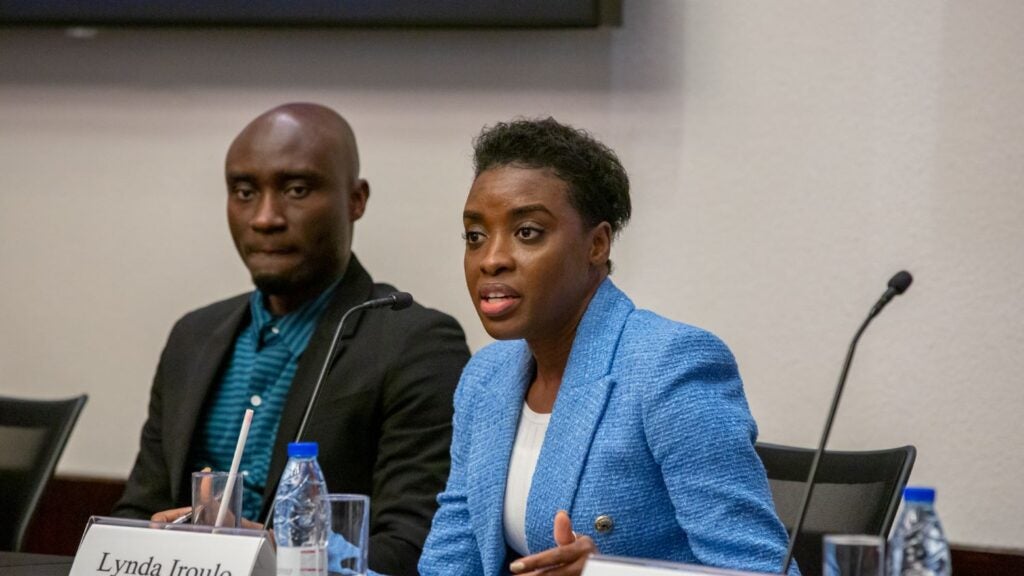Public Panel Launches Project to Compile African Regional Organizations

An ambitious project which aims to produce the first comprehensive compilation of African regional organizations (AROs) in the 21st century was launched at a recent panel discussion at Georgetown University in Qatar (GU-Q). Scholars from around the world convened to discuss “African Regionalism: Achievements, Challenges, and Prospects” as part of a larger Center for Regional and International Studies (CIRS) research project on the “Evolution of African Regional Organizations”
Project lead Dr. Lynda Chinenye Iroulo, Assistant Professor at GU-Q, noted that while interest in how African countries cooperate is growing, there is limited literature that provides students with a historical evolution of regionalism, including the African Union and all Regional Economic Communities in the 21st century.
“This is what this project is doing: going back to revisit the ideological and intellectual origins of these regional organizations, and putting them together as a handbook that would be relevant for anyone interested in AROs, especially senior undergraduate and graduate students, governing bodies, researchers, and multinational organizations,” she said.
The program’s participating scholars represent universities in Cameroon, South Africa, Ghana, the US, Morocco, Tanzania, the Netherlands, Germany, and Qatar and the Gulf region. Their experience includes years of studying, researching, consulting, and even working for AROs in the study. The panel discussion covered the topics of national sovereignty, self-determination, decolonization, and in-continent investment in AROs.
Dalva Raposo, a junior majoring in International Politics, brought the perspective of youth to the table, highlighting that 60% of the African population is made up of people under the age of 25. “This makes youth the continent’s greatest asset for the growth and development agenda,” she said.
The panel was held alongside a research workshop where project members convened to discuss written contributions for the forthcoming edited volume on the topic. Building on previous work done by CIRS, this project will not only provide a comprehensive study of African IOs but will also expand on present theoretical analyses in the field. It will examine the role of the youth in African regionalism, the evolution of the Afro-Arab region, relations with other external organizations, and the relationship between these regional organizations will also be explored and addressed.